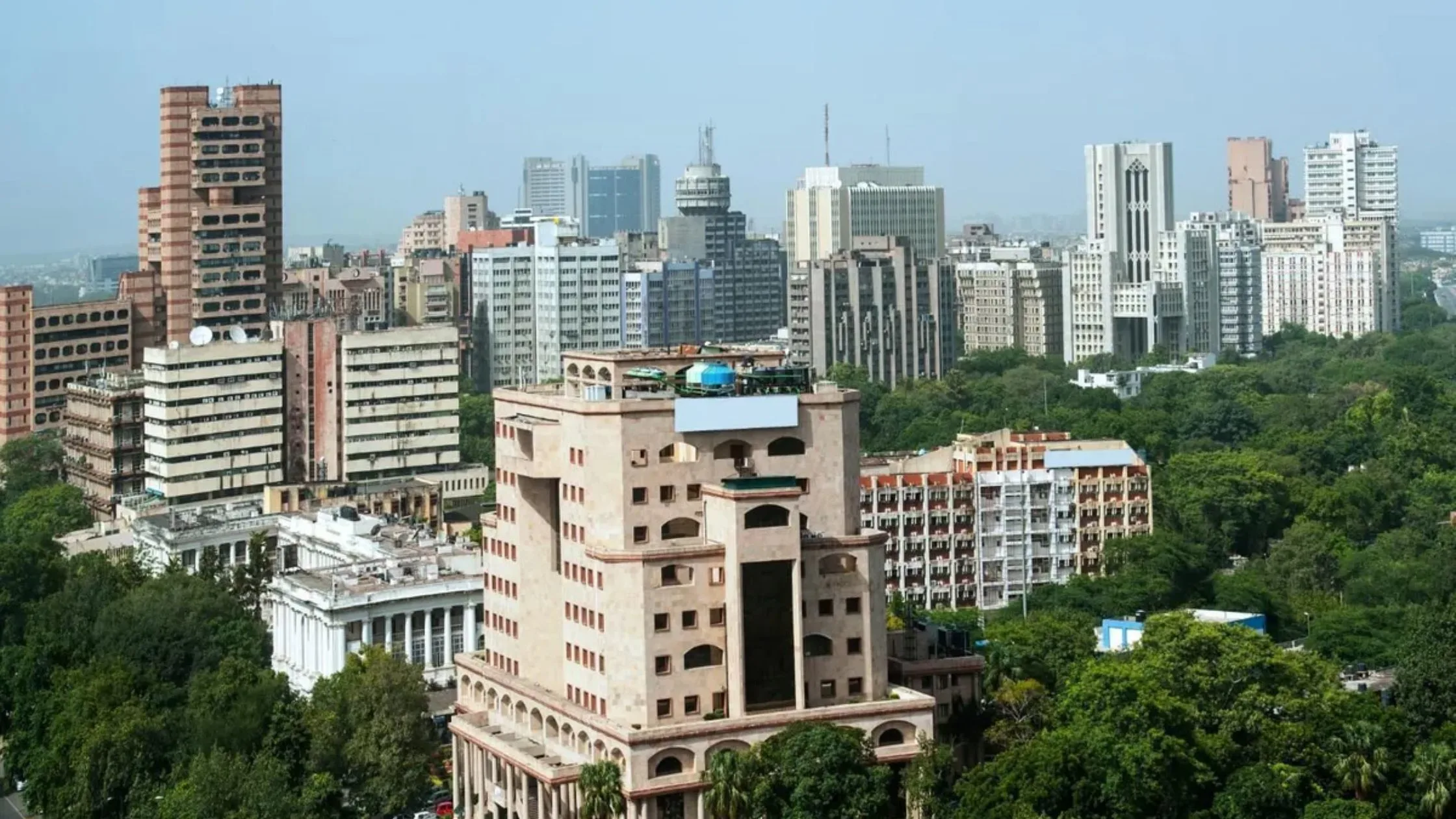Table of Content
▲
In a significant ruling with potential long-term impact on real estate cases involving disputed occupancy and redevelopment, the Mumbai Bench of the Income Tax Appellate Tribunal (ITAT) has held that a flat valued at ₹2.6 crore, given to an individual as compensation for vacating land, will not be considered taxable income under the provisions of the Income Tax Act.
Background of the Case
The individual in question had been residing on a piece of land in Mumbai for a significant period, having constructed a shed-type structure. While he did not have formal documentation or municipal recognition as a tenant, he had a long-standing presence on the land. When the plot came under a redevelopment project, he was not considered by either the municipal authority or the Maharashtra Housing and Area Development Authority (MHADA) as an eligible tenant for rehabilitation or compensation.
Feeling aggrieved, the individual filed a civil suit, asserting his occupancy rights and claiming a stake in the redevelopment process. To resolve the ongoing legal dispute and avoid potential delays in the project, the developer offered a settlement in the form of a residential flat in a new building—Orchid Enclave, located in South Mumbai. The offer was accepted, and the individual withdrew his civil suit.
Income Tax Department’s View
Upon reviewing the transaction, the Income Tax Department classified the value of the flat—₹2.6 crore—as “income from other sources.” This assessment was based on the assumption that the individual did not have a legal title or ownership of the land and thus could not claim exemption or capital gains benefits typically applicable in land or property transfers.
This assessment was upheld by the Commissioner of Income Tax (Appeals), who also ruled in favor of treating the flat as taxable income. Consequently, the ₹2.6 crore value was added to the individual's income for the assessment year, attracting tax liabilities.
Also Read: Real Estate Gains $26.7 Billion Equity in 3 Years: Mumbai Leads
Appeal Before the ITAT
Challenging the tax authority’s view, the individual appealed to the Mumbai ITAT. His legal counsel made two key arguments:
- Surrender of a Capital Asset: It was contended that the individual had surrendered a capital asset—namely, his possessory rights over the land—and in exchange, received a residential unit. This would make him eligible for capital gains exemption under Section 54F of the Income Tax Act, which allows exemption on capital gains if the proceeds are invested in a residential house.
- Capital Receipt Argument: As an alternative, it was argued that the flat was not a commercial or income-generating transaction but a one-time compensation for vacating land and relinquishing his claim. Therefore, it constituted a capital receipt and was not taxable under prevailing income tax laws.
ITAT’s Decision
The ITAT, after carefully reviewing the facts and legal precedents, rejected the Revenue’s claim. The tribunal ruled that the flat was received as part of a settlement to vacate the land and to resolve an ongoing legal conflict. Since this transaction did not fall under any of the defined categories of taxable income (like salary, business income, or capital gains with consideration), it was concluded that the flat constituted a capital receipt.
Further, the tribunal emphasized that since no legal tenancy or documented ownership was proven, the nature of the compensation made it a non-recurring, non-taxable event. The developer had granted the flat to remove a hurdle from the redevelopment process rather than as part of a commercial exchange. Accordingly, the addition of ₹2.6 crore to the taxpayer’s income was ordered to be deleted.
Expert Opinions and Legal Significance
Legal experts believe that this ruling reinforces the principle that not all compensations are taxable. According to Anil Harish, a senior partner at DM Harish & Co and an expert in tax and property law, this case highlights two essential principles:
- Understanding the difference between income and capital receipts is essential when determining tax liability.
- Compensation received for vacating land without legal tenancy may still be non-taxable if it is not in the nature of business income or salary.
This judgment could serve as an important reference for similar cases involving slum rehabilitation, redevelopment projects, or informal settlements in metro cities where individuals are often compensated without formal ownership.
Also Read: Where to Buy a Studio Apartment in Mumbai Within a Budget of ₹50–70 Lakh
Broader Implications for Real Estate Stakeholders
This ruling is significant for real estate developers, legal practitioners, and tax professionals. It offers clarity in situations where:
- Compensation is given for amicably vacating land without formal tenancy.
- Legal disputes could potentially delay redevelopment projects.
- There is ambiguity over how to treat such compensations under tax laws.
For developers, it reiterates the need for careful legal drafting and clarity in compensation agreements. For occupants or informal settlers, the judgment provides relief by ensuring they are not unduly taxed for receiving alternative accommodations in lieu of vacating disputed or undocumented spaces.
Conclusion
The ITAT’s judgment underscores the importance of context and intent in evaluating the taxability of real estate compensations. It reminds us that not every transaction involving high-value assets is automatically taxable—especially when the transaction arises from a legal settlement or the need to vacate disputed land. This ruling not only protects the rights of long-term occupants who lack formal tenancy but also paves the way for smoother redevelopment processes by reducing the tax uncertainty surrounding such compensations.
As urban redevelopment continues to expand across India's metro cities, this case may serve as a precedent for resolving similar disputes with fairness, clarity, and legal consistency.







_1771410929.webp)
Ans 1. The ITAT ruled that receiving a flat worth ₹2.6 crore in exchange for vacating land is not considered taxable income at the time of receipt.
Ans 2. The tribunal held that such exchanges in redevelopment projects do not result in immediate capital gains and hence are not taxable at the point of allotment.
Ans 3. While this ruling offers a precedent, individual cases may differ. The applicability depends on the specific terms of the agreement and the timing of possession and registration.
Ans 4. Yes, tax may be applicable later if the flat is sold in the future. Capital gains tax could be levied based on the sale price and cost of acquisition.
Ans 5. It provides clarity and relief for landowners involved in redevelopment deals by confirming that they won't face immediate tax liability when receiving a new flat.